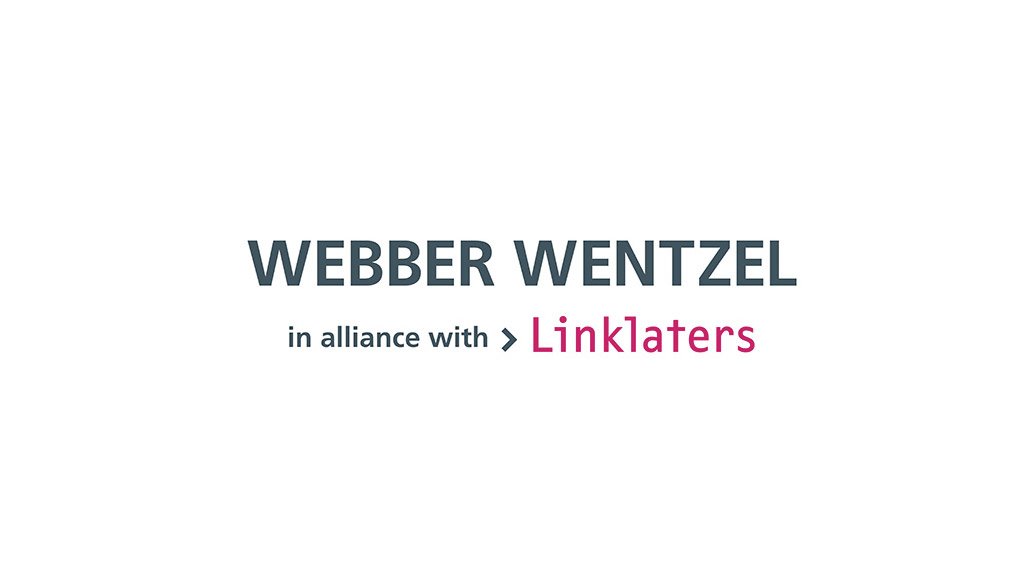Increased expectations of the responsibility of businesses to be proactive and continuously monitor their effectiveness in respecting human rights is taking centre stage in 2023
International human rights law and guiding principles recognise that governments are the primary duty-bearers and trustees of the international human rights regime, meaning that governments must respect, protect, promote, and fulfil human rights and fundamental freedoms in the first instance. However, these frameworks also provide that the responsibility to respect human rights is a global standard of expected conduct for all business enterprises wherever they operate, thereby imposing a responsibility on corporates/business enterprises to respect human rights.
The world's increased focus on and understanding of Environment, Social and Governance (ESG) has seen Business and Human Rights (BHR) rise up the corporate agenda, make its way into 'hard law' in certain jurisdictions, and raise the stakes of good corporate citizenship. BHR represents the tangible relationship between commercial operations and the human rights of their stakeholders. It is both inward- and outward looking and requires proactive and continuous attention. It is not enough for businesses to ensure that they are not in conflict with the international human rights law that binds them. They have to actively foster a closer alignment with the values of BHR culture and constantly revisit this as the context of their operational landscape changes.
Businesses thus have to take ownership of, and commit to, the need to respect human rights. They need to act on identifying, preventing, mitigating, and remediating negative human rights impacts in their sectors and across the broader value chain, by putting controls and frameworks in place. Controls include human rights due diligence (HRDD) and human rights impact assessments (HRIA), which are governed by the United Nations' Guiding Principles on Human Rights (UNGPs) – the internationally accepted framework for enhancing standards and practice regarding BHR.
An example of the strategic integration of BHR practice into operational business models is Volkswagen's recent announcement of its plans to invest directly in the mines that source the raw materials for battery cells used in electric vehicles. Its motives are not only to bring down the cost of and meet increasing demand for battery cells, but also to ensure greater control over parts of the supply chain traditionally left to third parties.
But where do corporate start? The UNGPs – as the first global standard for preventing and addressing the risk of adverse impacts on human rights linked to business activity – require business enterprises to (a) avoid causing or contributing to adverse human rights impacts through their own activities, and address such impacts when they occur; and (b) seek to prevent or mitigate adverse human rights impacts that are directly linked to their operations, products or services by their business relationships, even if they have not contributed to those impacts. They should do this by carrying out HRDD (encompassing four broad steps under Principle 17 of the UNGPs) with reference to the internationally recognised human rights which are enshrined in key frameworks such as the International Bill of Rights (comprising the UN Declaration of Human Rights, the International Covenant on Civil and Political Rights, and the International Covenant on Economic, Social and Cultural Rights); the African Charter on Human and Peoples' Rights; and the International Labour Organisation’s Declaration on Fundamental Principles and Rights at Work. HRDD is, however, an ongoing risk management process, and must be tailored to each organisation within the context of country-, company- and project-specific nuances.
And given the links between ESG and BHR – in driving integrated operational strategies and the consideration of sustainability-related impacts, risks, and opportunities at the same level as corporate objectives – it is crucial to understand that the human rights framework is not something to be considered in a business' operations, but rather their operations in entirety need to be located within the human rights framework. The values of human rights culture must come to permeate every facet of the business's identity, and this can only be achieved through robust and proactive strategic ESG and BHR plans, policies and controls. Appreciating this mind shift change will support the creation of a business which will be sustainable, resilient in the future and will create long-term, shared value for its stakeholders. It will also meet the increasing demands and scrutiny of stakeholders – particularly in investment space where we are seeing large-scale investors requiring HRDD from entities before forging any commercial relationship. This scrutiny is often more stringent in countries regarded as being "high risk" (those which have reported significant incidences of human rights violations).
In the podcast series, Webber Wentzel lawyers Pooja and Paula-Ann delve into the rise of BHR and what it means for business practically.
Written by Pooja Dela, Partner & Paula-Ann Novotny, Senior Associate at Webber Wentzel
EMAIL THIS ARTICLE SAVE THIS ARTICLE ARTICLE ENQUIRY
To subscribe email subscriptions@creamermedia.co.za or click here
To advertise email advertising@creamermedia.co.za or click here











